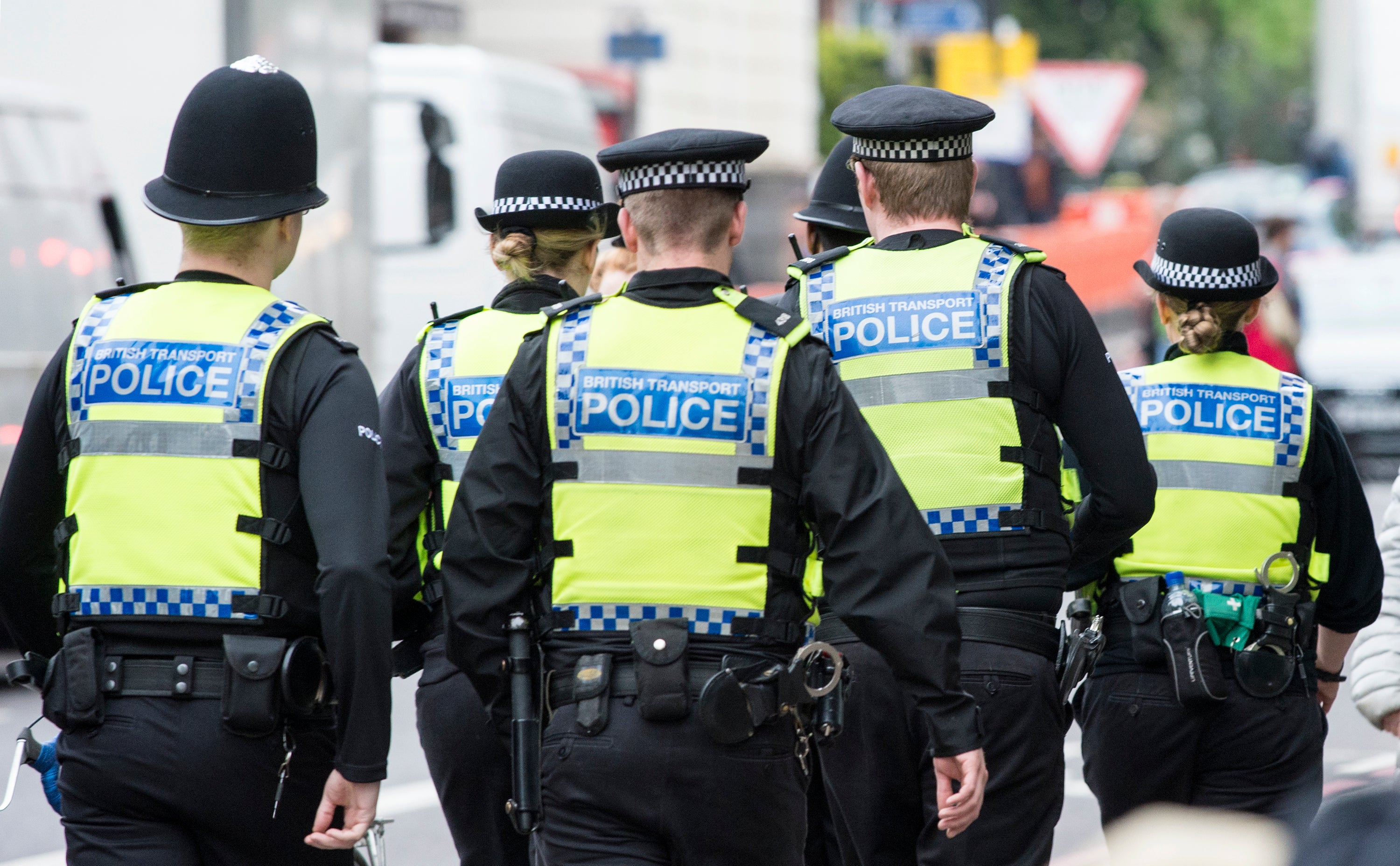HM inspector warns forces: ‘You are not the thought police’
New chief inspector of constabulary Andy Cooke said forces should concentrate on dealing with real crimes and keeping the public safe.

Police forces are not “the thought police” and should focus on dealing with actual offences and keeping the public safe, the new HM chief inspector of constabulary has said.
Andy Cooke, who took over last month, said chief constables should avoid “politics with a small ‘p'” and remember there is a clear distinction between what is and is not a crime.
“We’re not the thought police, we follow legislation and we follow the law, simple as that,” he told The Times.
Those thoughts, unless they become actions, aren’t an offence. The law is quite clear in relation to what is an offence and what isn’t an offence
“Policing is busy enough dealing with the serious offences that are going on, busy enough trying to keep people safe.”
His comments come amid reports that some forces are treating reports of issues such as misogyny and transphobia as hate crimes.
Judges have expressed concern that the recording of non-crime hate incidents – which can remain on police records – risks interfering with people’s freedom of expression.
In such cases, Mr Cooke said the law was clear that the point at which police should intervene was when such thoughts are translated into actions.
Policing needs to ensure the public can have confidence that the police will take action against criminality, whatever level that is
“I do think it’s important that the prioritisation that we give is to those most at risk, and that policing stays away from the politics with a small ‘p’, and the different thoughts that people have,” he said.
“Those thoughts, unless they become actions, aren’t an offence. The law is quite clear in relation to what is an offence and what isn’t an offence.”
Mr Cooke said the public wanted to know that when crimes were being committed, the police would take action however serious the offence.
“Policing needs to ensure the public can have confidence that the police will take action against criminality, whatever level that is,” he said.
“Obviously the serious criminality needs to be addressed. But right through neighbourhood crimes, burglaries and car theft as well.”
Bookmark popover
Removed from bookmarks